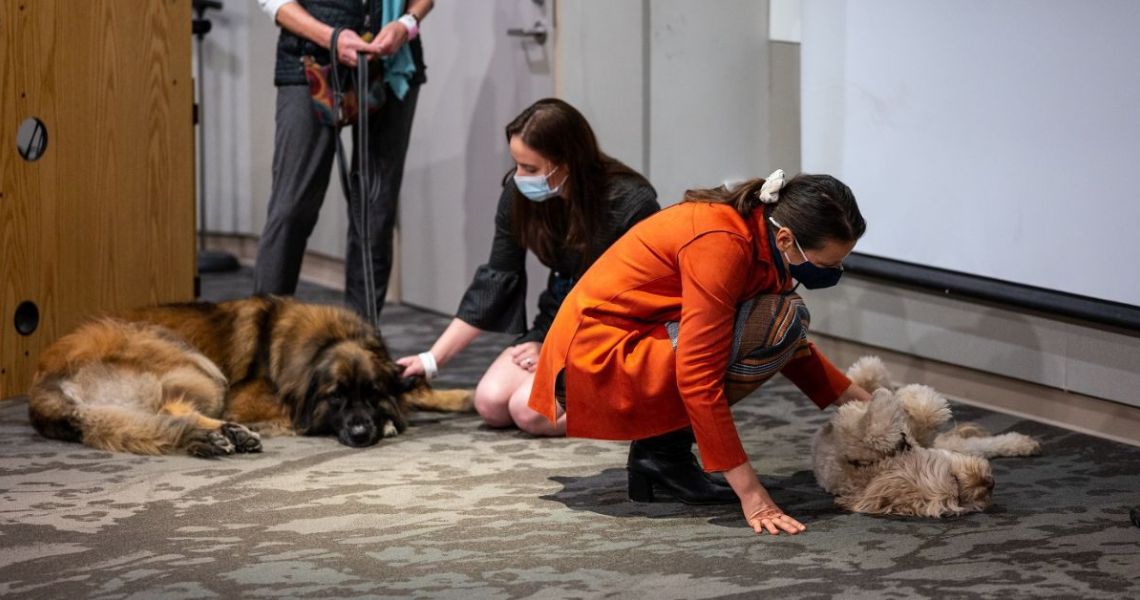
Even prior to the COVID pandemic, those working in the health professions were found to be more susceptible to depression, anxiety, and job dissatisfaction, which can lead to adverse outcomes for healthcare workers as well as the patients and communities they serve. Some experts increasingly regard suicide as an “occupational hazard” of practicing in the health professions.
But evidence shows that effective wellness programming and strong institutional leadership committed to a culture of wellness care can make a difference. With the support of Barbara Bass, MD, RESD ’86, vice president for health affairs, dean of the GW School of Medicine and Health Sciences (SMHS), and chief executive officer of the GW Medical Faculty Associates (GW MFA), we transitioned the GWell Center for Health Care Professionals to the GW Resiliency & Well-being Center (R&W Center) in 2021. The center is supported by the GW Alumni Legacy Fund for Physician Wellness, which was established by the SMHS Class of 1985 in 2015 to help the GW medical community pursue healthy, happy, and fulfilling professional and personal lives in every stage of their medical career.
The R&W Center takes an evidence-based, whole person approach in the health and wellness (well-being) services it provides to the GW medical enterprise—SMHS, GW MFA, and the GW Hospital. The R&W Center provides individual-, departmental-, and institutional-level services.
Request a consultation from the GW Resiliency & Well-being Center so we can meet with you or your team, discuss your needs, and give you a summary of the services we have available to meet them. The initial consultations is free for any GW unit.